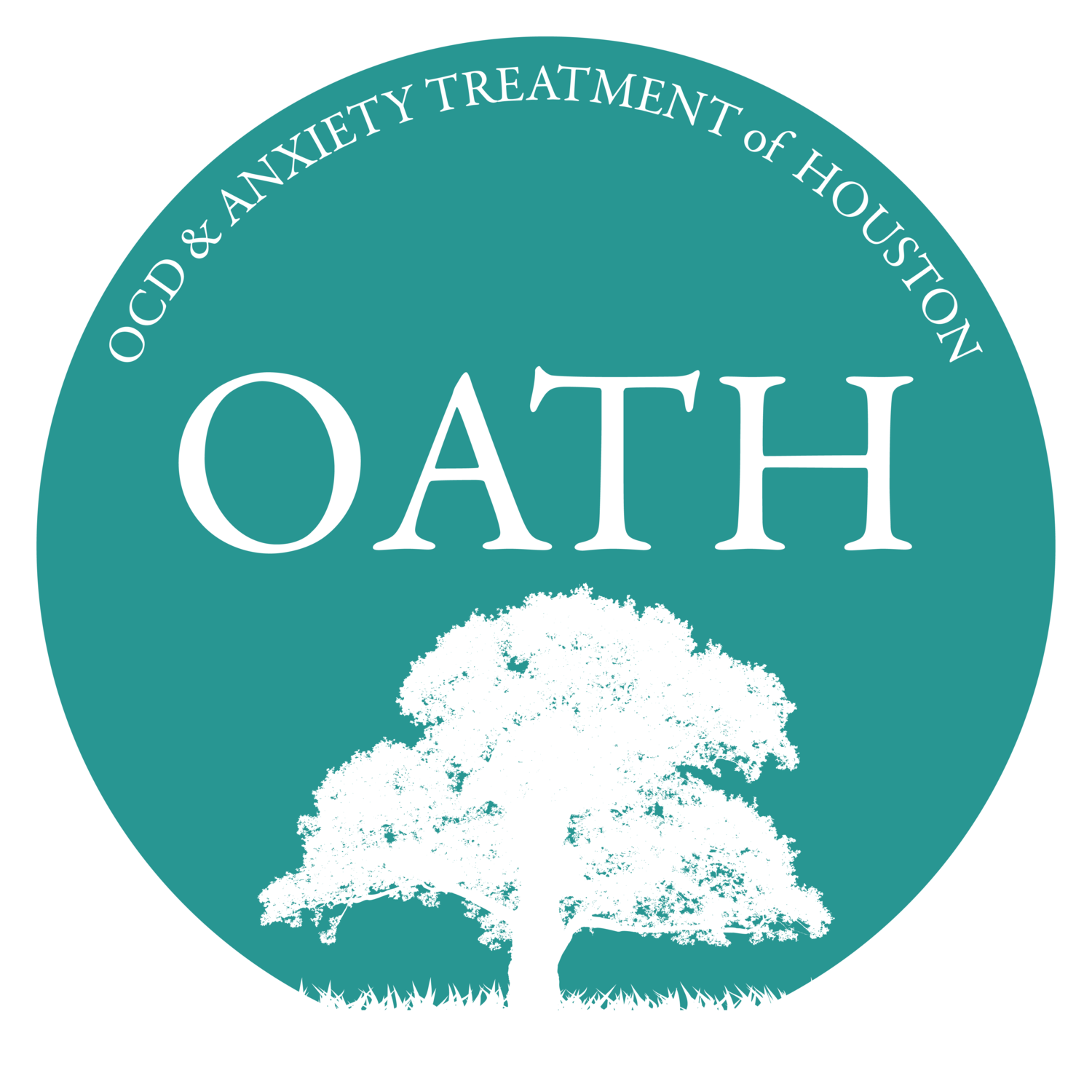Obsessive Compulsive Disorder
Obsessive Compulsive Disorder (OCD) is a mental health condition characterized by persistent, intrusive thoughts (obsessions) and repetitive behaviors or mental acts (compulsions) that individuals feel driven to perform in response to these thoughts. The compulsions are typically meant to reduce anxiety or prevent a feared event or situation, though these actions are not realistically connected to the feared event or are clearly excessive.
Obsessions in OCD are unwanted and distressing thoughts, images, or urges that intrude into the individual’s mind. These can be disturbing or cause significant anxiety, leading the person to try to suppress or neutralize them. Common obsessions include fears of contamination, fears of harming oneself or others, and concerns about symmetry or order.
Compulsions are repetitive behaviors or mental rituals performed to relieve the anxiety caused by obsessions or to prevent a feared event. These behaviors may include excessive hand washing, checking, counting, or repeating actions. Although individuals with OCD may recognize that their compulsions are irrational, they often feel unable to stop performing them.
OCD affects approximately 1-2% of the population worldwide, with both adults and children being impacted. It often begins in childhood or adolescence, but it can develop at any age. The disorder can significantly impact daily life, affecting work, social relationships, and overall functioning. It often leads to time-consuming rituals that take up hours each day, causing distress and impairing normal activities.
🔽 OCD Subtypes: By Theme
Use the toggle to explore each category.
Harm & Responsibility-Based OCD
Click to expand
Harm OCD Fear of accidentally or intentionally hurting others. Ex: Avoiding knives, checking for accidents.
Hit-and-Run OCD / Driving OCD Fear of hitting someone while driving and not knowing. Ex: Rechecking roads, replaying the drive.
Responsibility OCD Excessive guilt or fear of causing harm or making mistakes. Ex: Checking appliances, seeking reassurance.
Magical Thinking OCD Belief that certain actions, numbers, or thoughts can prevent or cause harm. Ex: Counting rituals, avoiding unlucky numbers.
Contamination & Physical Sensation OCD
Click to expand
Contamination OCD Fear of germs, illness, or mental/emotional "contamination." Ex: Excessive washing, avoiding public spaces.
Emotional Contamination OCD Fear of “absorbing” negative energy or memories. Ex: Avoiding certain people, showering after contact.
Sensorimotor / Somatic OCD Hyper-awareness of bodily sensations like blinking or breathing. Ex: Getting stuck noticing swallowing or heartbeat.
Relationship, Sexuality & Identity OCD
Click to expand
Relationship OCD (ROCD) Obsessive doubt about one’s feelings toward their partner. Ex: Reassurance seeking, mental checking.
Sexual Orientation OCD (SO-OCD) Fear of being the “wrong” orientation or secretly attracted to someone else. Ex: Testing attraction, avoiding LGBTQ+ content.
POCD (Pedophilia OCD) Distressing intrusive thoughts about children. Ex: Avoiding kids, mentally reviewing interactions.
Gender Identity OCD Obsessions about being the “wrong” gender or not fully identifying with one’s gender. Ex: Reassurance seeking, mirror checking.
Thought-Based & Existential OCD
Click to expand
Pure O / Intrusive Thought OCD Disturbing thoughts with mostly mental compulsions. Ex: Rumination, avoidance, mental reviewing.
Existential OCD Obsession with life’s meaning, reality, or consciousness. Ex: “What if life isn’t real?”, rumination.
Meta OCD Obsessions about OCD itself or the treatment process. Ex: “What if I don’t really have OCD?”, “What if ERP won’t work?”
Moral, Religious & Perfectionism OCD
Click to expand
Religious / Scrupulosity OCD Fear of offending God or violating spiritual rules. Ex: Excessive praying, avoiding churches.
Moral OCD Fear of being a bad or unethical person. Ex: Reviewing conversations, guilt loops.
Perfectionism OCD Need to do things perfectly to avoid consequences or internal discomfort. Ex: Rewriting messages, avoiding decisions.
Just Right OCD Compulsions driven by a need for symmetry or internal "rightness." Ex: Tapping, arranging, repeating actions until they feel right.
